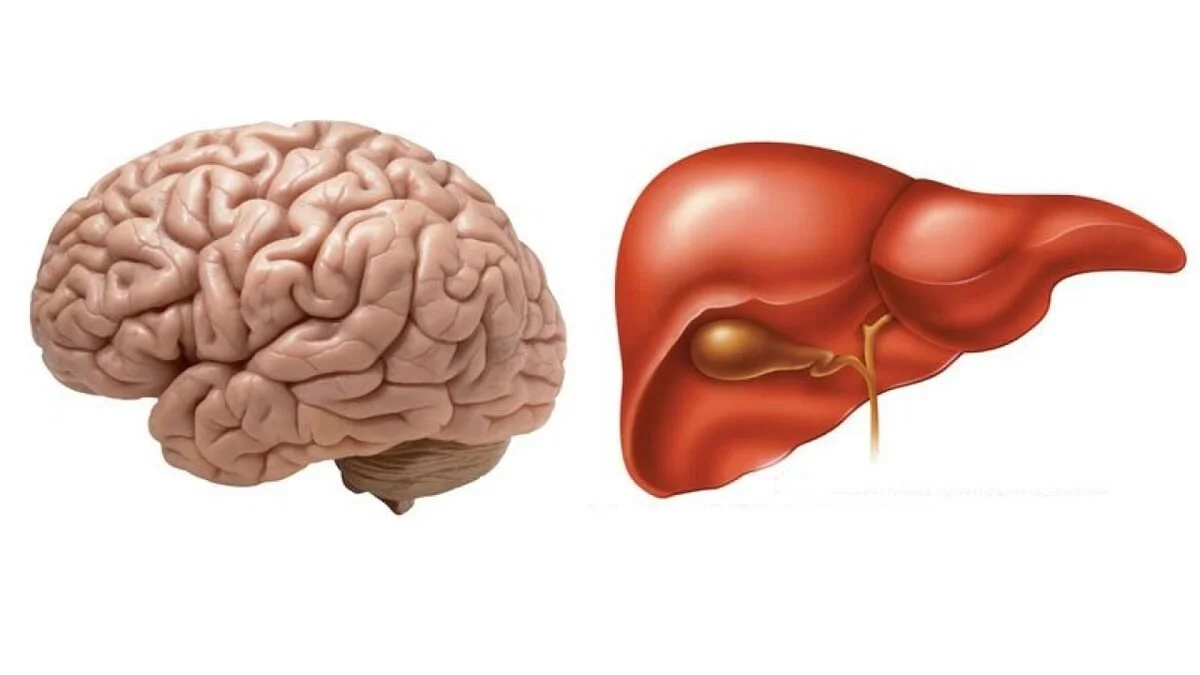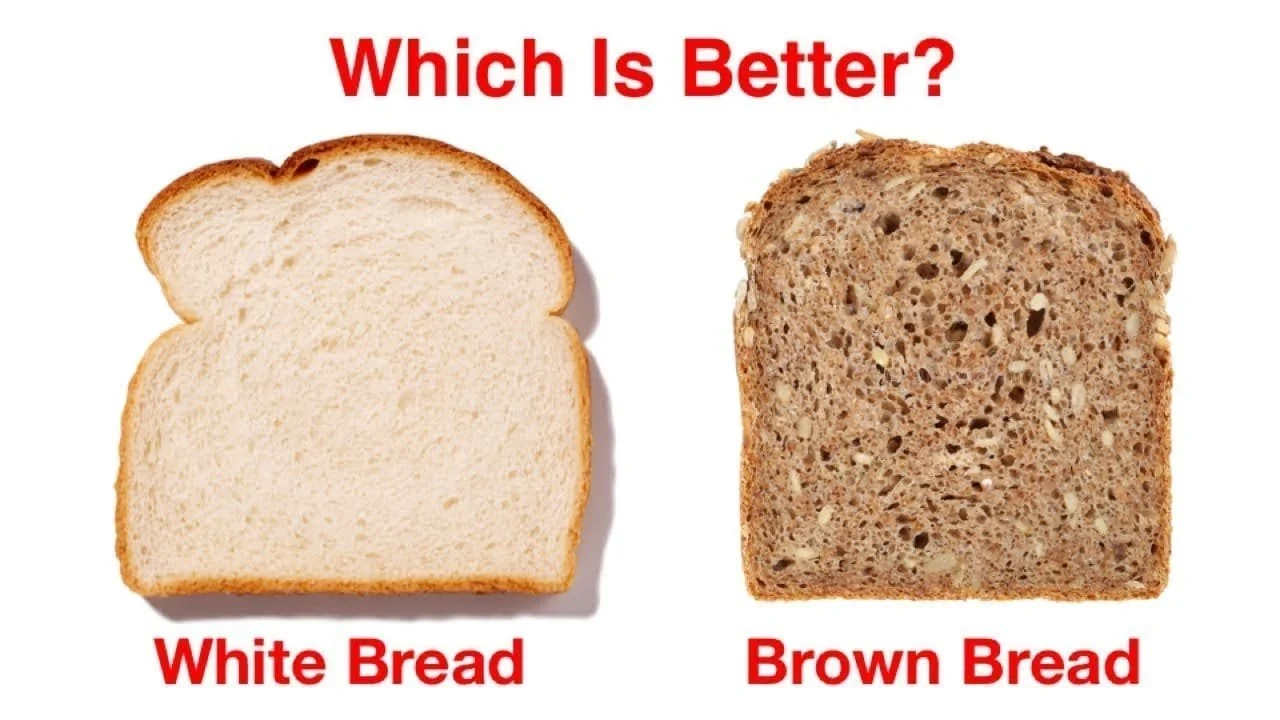The Importance Of Carbs
Throughout my career as a Dietitian, I have had a lot of people afraid of carbohydrates. Understandably so, when there is a lot of misinformation in the media and sometimes even healthcare professionals may recommend low carbohydrate diets. Lets have a chat about why carbohydrates are important, how much is recommended, and is whole wheat better than white.
The most common reason I see people avoid carbohydrates is related to fears around weight gain. However, I have also worked with people living with diabetes or other health conditions such as elipesy who may have been advised to eat lower or low carbohydrates diets. We’ll start with answering fears around weight gain or attempts to lose weight.
Carbohydrates are the main fuel source for the body. Every cell in the body can burn carbohdyrates, commonly known as glucose in the body, for energy. Not every cell can do this with fat or protein. Many people think if they avoid carbohydrates then their body will burn fat for energy. While the body will breakdown more fat during these periods, what you’ll be burning is protein. Most often that protein will come from your muscle mass. Its not talked about very much in general media, but when you reduce your calories to lose weight, meaning you are in a calorie deficit, you will also lose muscle mass. One way of protecting your muscle mass, is to feed your body carbohydrates for fuel. This means your body won’t have to break down as much protein or muscle mass to turn into sugar to fuel certain parts of the body.
This little bit of sugar from your liver helps to run your powerful brain, which runs exclusively on sugar.
Carbohydrates are stored in two areas in your body. They are stored in your muscle and your liver. Your muscle is very selfish, it won’t allow the carbohdyrate to leave the muscle and uses it purely for fueling your muscles to do work. However, your liver is responsible for feeding small amounts of sugar (carbohdyrate) into your blood throughout the day.
Often when people are eating too few carbohdyrates, they notice that they have less energy. They perform tasks like exercise at lower intensities and can have foggier thinking. The Institute of Medicine sets a Recommended Dietary Allowance (RDA), and side note most countries also follow these guidelines, for nutrients. The RDA determines the amount of a nutrient that 98% of healthy individuals will need to meet requirements. The RDA for carbohydrates is 130 grams (g) /day and that is based on the amount most healthy individuals need to feed their brain.
So what does 130g of carbohydrates look like? Carbohdyrates come in many forms. They are found in grains, dairy, fruit, honey, table sugar, and even large amounts of vegetables.
For a brief example, 130g might look like:
B: 2 slice toast with 2 egg and avocado (30g)
Snack: Cheese and medium apple (15g)
L: 1 small wrap with ham and cheese, tomato, and lettuce (30g)
Snack: small yogurt with handful strawberries (30g)
D: 2 small scoops mashed potatoes with salmon and broccoli (30g)
Crazy, right. That seems like a pretty reasonable amount of food and meets the amount of carbohydrates your brain needs for fuel throughout the day.
“Yeah, but what about whole grains versus white bread?”
The next question I get asked is nearly always about “good” versus “bad” carbohydrates.
So here’s the kicker - they actually have the same amount of cabrohydrates in them! But how your body digests and absorbs them is different. The whole grain simply has more fibre. Now, fibre is also a nutrient with lots of health benefits, so thats why I recommend it. We can also use these differences in digestion/absorption to our advantage for areas like sport performance or people living with health conditions like diabetes.
There are some people who have been advised by their health care provider to change their diet and reduce their carbohydrates. In those specific cases, I always recommend working with a Dietitian. Carbohydrates are found in many foods, and if you just eliminate them then you may also be eliminating other key nutrients.
Hopefully this helps clear up some confusion out there. I’m a fan of carbohydrates and hope you become one too.




